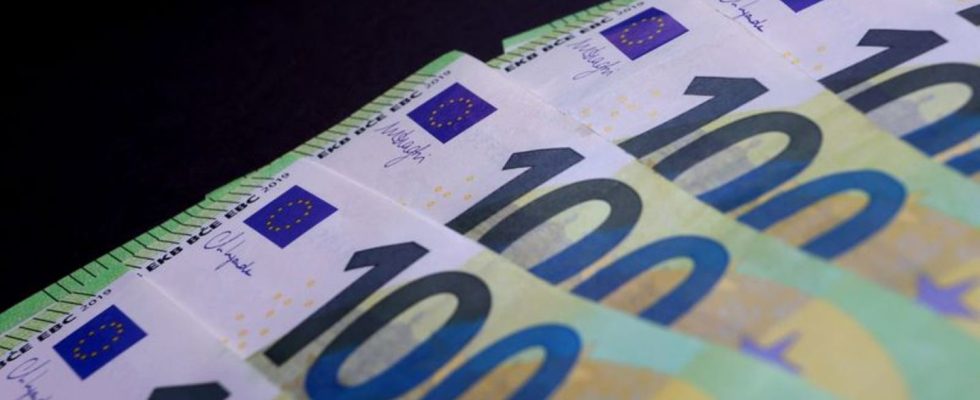Federal states
Bavaria sues against state financial equalization
As part of the financial equalization between the 16 federal states, around 18.5 billion euros were redistributed in 2022. With payments of almost 9.9 billion euros, Bavaria bore by far the largest burden. photo
© Karl-Josef Hildenbrand/dpa
The Bavarian cabinet has decided to file a lawsuit against the state financial equalization system. A legitimate move? Or is it primarily a tactical maneuver three months before the state elections?
In the face of new record deposits, Bayern is against the Complain about the financial equalization of the federal states. The cabinet decided on the step that had already been announced three months before the state elections on Tuesday in Munich. “We’re going to Karlsruhe now,” said Prime Minister Markus Söder (CSU). Bayern need “more money at home” in the future. The lawsuit should be filed before the summer break.
Söder and the state government had long announced the constitutional complaint against the equalization system, which is now officially called the financial power equalization of the states. The opposition accuses the CSU and Free Voters of pure “campaign noise”.
“Bavaria is in solidarity, but not naive,” wrote Söder on Twitter in the morning. “We want to reform the state financial equalization and relieve the Bavarian taxpayers.” Bavaria now pays almost ten billion euros to other federal states every year. “The Free State will no longer accept these dimensions, which is why we are suing – it can’t go on like this!”
In 2022, 18.5 billion euros were redistributed
As part of the financial equalization between the 16 federal states, around 18.5 billion euros were redistributed last year. With payments of almost 9.9 billion euros, Bavaria again bore by far the largest burden – the Free State alone accounted for more than half of the redistributed money. According to the statement by the Federal Ministry of Finance, Baden-Württemberg paid almost 4.5 billion euros, and Hesse paid 3.25 billion euros. Hamburg contributed around 814 million euros and Rhineland-Palatinate around 107 million euros. Eleven countries, on the other hand, benefited from compensation payments. Berlin was the largest recipient with around 3.6 billion euros.
In 2013, Bavaria – together with Hesse – had already filed a lawsuit against the state financial equalization system at the time. At that time, too, the lawsuit was decided within sight of the Bavarian election. The two states then withdrew their lawsuit in 2017 after the financial relations between the federal and state governments had been reorganized. The system is now called financial power equalization. It serves the goal enshrined in the Basic Law of creating equal living conditions in Germany.
Unlike back then, Bavaria is alone with its lawsuit this time – although Söder’s counterparts from Baden-Württemberg and Hesse also consider the current equalization system to be in urgent need of reform.

